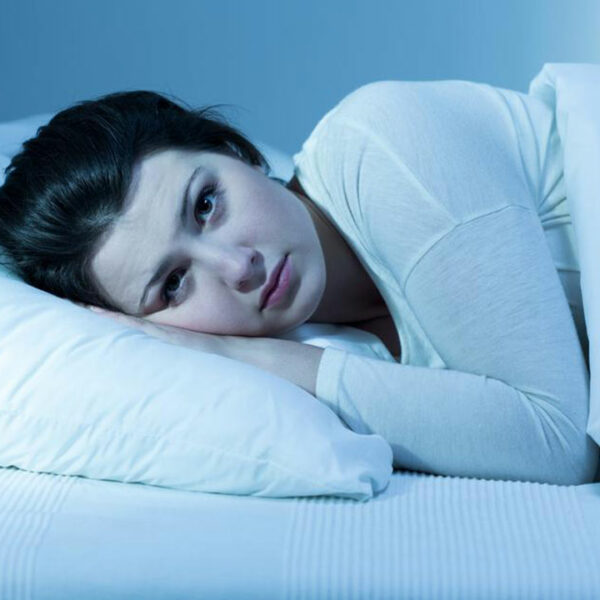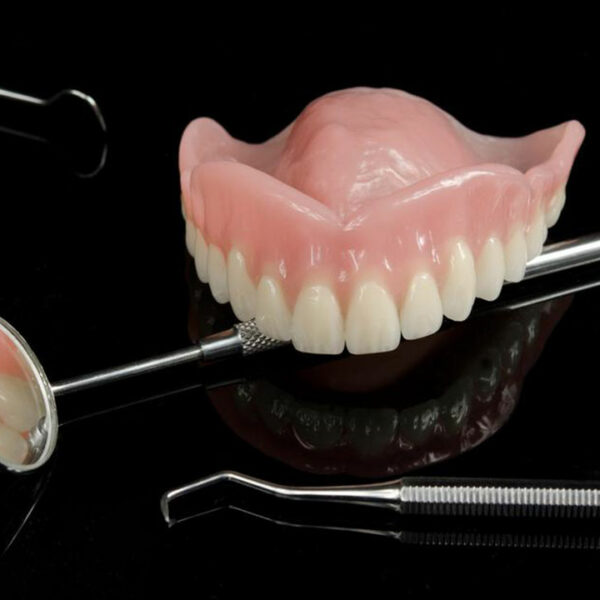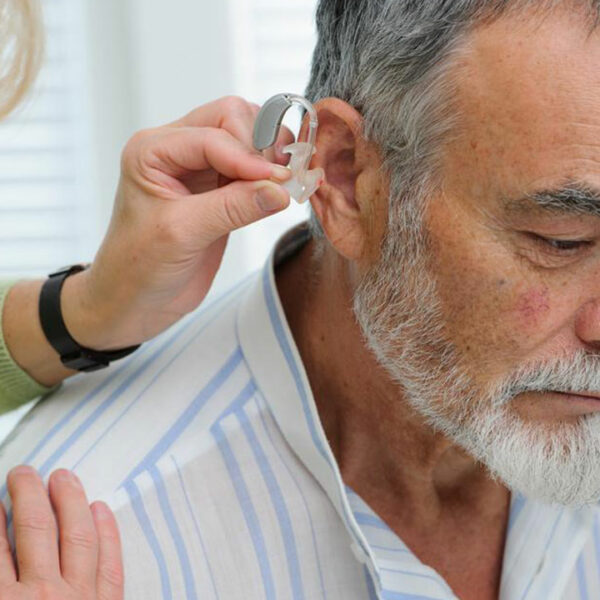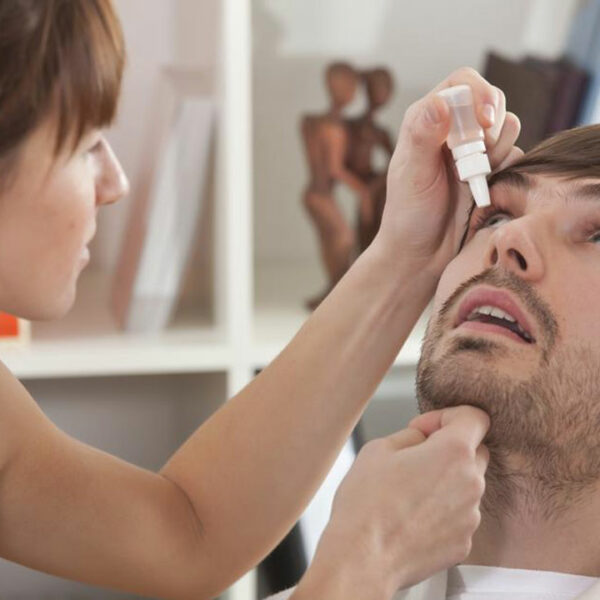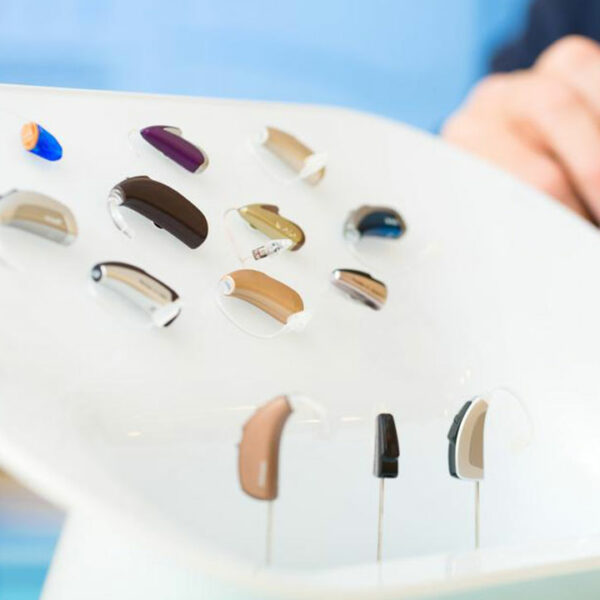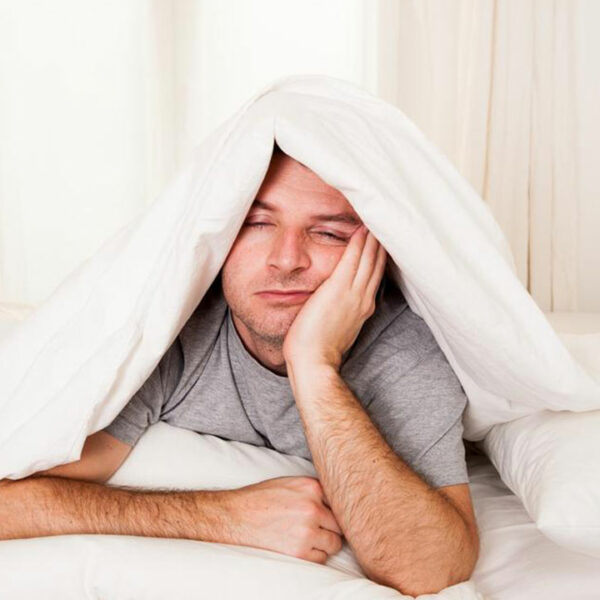
Fighting sleep disorders, things to know
There are three major tests to diagnose a sleep disorder. They are as follows: Genetic Blood Testing: Blood test done to identify narcolepsy or any other health conditions that cause your sleep disorder. Polysomnography: Test that involves the patient to sleep to evaluate the oxygen levels, body movements, and brain waves to diagnose a sleep disorder. Electroencephalogram: Test involving electrical activity in your brain that is the cause of sleep disruption in your body. Medications Medication for sleep disorder depends on the cause and body type. It involves medicinal and lifestyle changes. Medical treatment can include sleeping pills, melatonin supplements, allergy or cold medication, breathing devices for sleep apnea, dental guard, Lifestyle changes will be more efficient in improving the quality of your sleep even better if the drug is involved. You can limit the caffeine intake, and tobacco as well as alcohol intake. Start the intake of vegetable and fruits and include fish into your diet. Avoid situations that give you stress and anxiety. Create a regular sleeping pattern. Always drink very less water before bedtime. Dieticians say always eat food with less carbohydrate before bedtime. Keep a schedule for bed time as this can significantly help you sleep quality.
